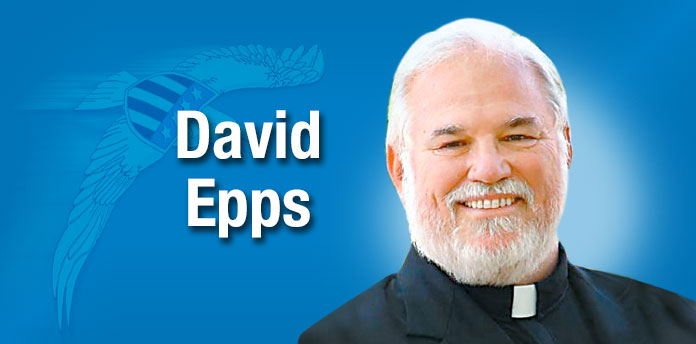I do not recall ever playing games with my father. Or any adult for that matter. I played games with other kids in our neighborhood. If my dad ever threw me a baseball or a football, I do not remember it.
It didn’t warp me or cause resentment at all. Dad often worked two jobs and, besides, as I said, there were other kids in the neighborhood. But there may have been some residual sense of lacking because I did, when my kids came along, play certain games with them.
The younger they were, the more they defeated me in the games. Not that they were that good, I simply believed that, if they lost all the time, their games-playing would be an ordeal and not … well, fun. Two of the games we would play would be “Horse,” as in the basketball game and one of the others was chess.
In the beginning, I would let them win most of the time. As they grew older and more accomplished, I gradually stopped letting them win and went full-on competitive with them. Why? Well, for one thing, much in life is a competition. If one is not competitive, success becomes much more elusive.
Secondly, they needed to learn how to lose. Abraham Lincoln was, politically, one of the greatest losers in American political history. But he kept coming back, bouncing back, learning from mistakes … all of which resulted in his becoming the 16th President of The United States.
In the early years of the War Between the States, the Federal forces were soundly beaten by Confederate forces more than was expected. Lincoln kept changing generals, revising plans, pressing onward. He knew that one loss — or several losses — did not mean defeat.
Thirdly, even the experience of losing can result in growth and learning. And my sons did just that. In horse and in chess, each loss brought new insight and the willingness to learn new strategies and new tactics. They continued to get better, which meant that I also had to step up my game.
Fourthly, they learned that the thrill of a hard-fought and -earned victory was made sweeter because of prior defeats and the struggle to improve. In 1968, the Dobyns-Bennett Indians football team, my high school and team, were scheduled to play the Greeneville High School Green Devils at Greeneville, TN. The previous two seasons, we had given them humiliating losses. Those games weren’t even close. We showed up prepared to repeat the drubbing.
The weather reports called for rain and, as the game began, it did indeed rain. It rained so hard and fast that the field became a muddy slurry. It fell so thickly that it was difficult to even see the goal posts at the end of the field. The rain ruined our formidable passing game. The mud nullified our advantage of speed and quickness. For most of the game, we slugged it out in the middle of the field, neither team advancing.
And then there was the fumble. The rain-slick ball popped loose, and a Greeneville defensive tackle picked up the ball and ran. Well, he lumbered. It was the slowest run I had ever seen. Our speedy guys just slipped in the mud as they gave chase. Finally, as if in slow motion, the big tackle crossed the goal line, and the score was 6-0. The extra point was unsuccessful and that’s how the game ended.
At the end of the game, the Greene Devils team and its drenched band and supporters celebrated as though they had won the state championship. Fifty-five years later, I can still replay that game in my head. And I’d bet a paycheck that the players who won that game still talk about it to their grandkids. I know I would. Some wins are sweeter than others.
Gradually, the sons began to beat me more in the basketball game of horse more times than not. Today, I have no doubt that they, and most of their children, could take me easily. Chess might still be competitive, but I certainly would have to be at my best to hope for a win. All of them have experienced losses and disappointments in life. But all of them are true winners today.
Losing does not make one a loser. Losing is not a life sentence, it is only a lesson.
Decades ago, the church I served had burned and I felt utterly hopeless and defeated. The church was only a few years old and all I could see was disaster looming. But, on a trip to a monastery to find some answers and peace, I read this passage from St. Paul: “But thanks be to God who always causes us to triumph in Christ …” (2 Cor. 2:14).
We are not created to be losers. We may lose but, unless we so choose, we are not losers. Hope and attitude matter. We are destined to win.
[David Epps is the Rector of the Cathedral of Christ the King (www.ctk.life). Worship services are on Sundays at 10:00 a.m. and on livestream at www.ctk.life. He is the bishop of the Diocese of the Mid-South (www.midsouthdiocese.life). He may be contacted at [email protected].]












Leave a Comment
You must be logged in to post a comment.